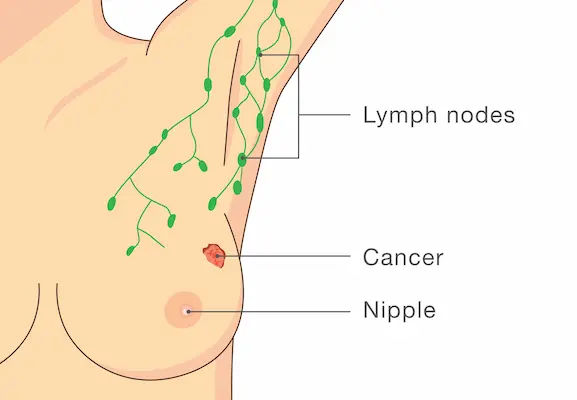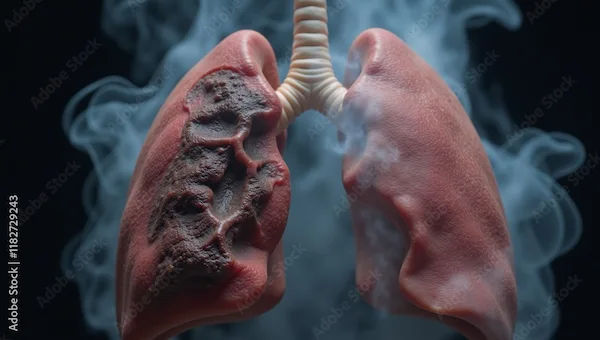Causes and Treatment of Leptospirosis
Learn about Leptospirosis, a bacterial disease caused by exposure to contaminated water or soil. Find out about common causes, symptoms, and the antibiotic treatments available.

Written by Dr. Shaik Abdul Kalam
Reviewed by Dr. Rohinipriyanka Pondugula MBBS
Last updated on 13th Jan, 2026
.webp?tr=q-80,f-webp,w-350,dpr-2,c-at_max 700w)
Introduction
Leptospirosis is a bacterial infection that can affect both humans and animals. While it may sound unfamiliar, it’s important to recognize its symptoms, causes, and treatment options—especially if you live in or travel to areas where the disease is common. In this article, we’ll break down everything you need to know about leptospirosis in simple terms, including how to prevent and manage it.
What is Leptospirosis?
Leptospirosis is caused by bacteria called Leptospira, which are often found in water, soil, and the urine of infected animals (such as rats, dogs, and livestock). People can get infected when they come into contact with contaminated water or soil, especially through cuts or mucous membranes (like the eyes, nose, or mouth).
While many cases are mild and flulike, severe leptospirosis (also called Weil’s disease) can lead to serious complications, including kidney failure, liver damage, and even death if left untreated.
Common Causes of Leptospirosis
Leptospirosis spreads through:
1. Contact with contaminated water – Swimming, wading, or working in floodwaters, rivers, or ponds where infected animals have urinated.
2. Exposure to infected animals – Farmers, veterinarians, and pet owners are at higher risk if they handle animals carrying the bacteria.
3. Occupational hazards – Sewage workers, miners, and agricultural laborers are more likely to be exposed.
4. Flooding and poor sanitation – After heavy rains or floods, the bacteria can spread more easily in waterlogged areas.
Symptoms of Leptospirosis
Symptoms usually appear 5–14 days after exposure and can range from mild to severe. Common signs include:
High fever
Severe headache
Muscle pain (especially in the calves and lower back)
Chills
Red eyes
Nausea and vomiting
Jaundice (yellowing of the skin and eyes) – a sign of severe infection
If you experience these symptoms after possible exposure, seek medical help immediately.
Consult Top Specialists for Personalised Tips
How is Leptospirosis Diagnosed?
Since leptospirosis symptoms resemble other illnesses like dengue or flu, doctors may recommend:
Blood tests – To detect antibodies against Leptospira bacteria.
Urine tests – Sometimes used to identify the bacteria.
PCR tests – A more advanced method to confirm infection early.
If you suspect exposure, consult a doctor promptly for accurate diagnosis and treatment.
Treatment Options for Leptospirosis
Early treatment is crucial to prevent complications. Depending on severity, doctors may prescribe:
1. Antibiotics – Such as doxycycline or penicillin, which are effective if given early.
2. Hospitalization – Severe cases may require IV antibiotics, fluids, and supportive care for organ damage.
3. Pain and fever management – Medications like paracetamol can help relieve symptoms.
Note: Never selfmedicate—always follow a doctor’s advice.
Prevention Tips
Since leptospirosis spreads through contaminated environments, taking precautions can significantly reduce risk:
Avoid swimming in floodwaters or stagnant ponds.
Wear protective gear (gloves, boots) if working in wet or muddy areas.
Control rodent populations at home and workplaces.
Practice good hygiene – Wash hands thoroughly after outdoor activities.
Vaccinate pets – Dogs can carry the bacteria, so keeping them vaccinated helps.
When to See a Doctor?
If you develop symptoms after possible exposure (especially after floods or contact with animals), don’t wait—consult a doctor immediately. Early treatment can prevent severe complications.
Need Expert Advice?
If you suspect leptospirosis or need a consultation, you can book an appointment with Apollo24|7’s specialists for quick and reliable care.
Final Thoughts
Leptospirosis is a preventable and treatable infection, but awareness is key. By understanding its causes, symptoms, and precautions, you can protect yourself and your loved ones. Stay cautious in high-risk environments, and seek medical help if needed.
Stay safe and informed!
Consult Top Specialists for Personalised Tips
Consult Top Specialists for Personalised Tips

Dr. Chethan T L
General Physician/ Internal Medicine Specialist
5 Years • MBBS, MD, DNB (General Medicine)
Bengaluru
Apollo Medical Center, Marathahalli, Bengaluru

Dr. Rajib Ghose
General Physician/ Internal Medicine Specialist
25 Years • MBBS
East Midnapore
VIVEKANANDA SEBA SADAN, East Midnapore

Dr. Buddhadeb Roy
General Practitioner
18 Years • Medicine Consultant and Diabetologist (MBBS,DMCW, MRCP UK Edinburgh, CCEBDM, IDEC)
Kolkata
The Foresight Diagnostic, Kolkata
(125+ Patients)

Dr. Arindam Bauri
General Physician/ Internal Medicine Specialist
12 Years • MBBS, MD General Medicine
Kolkata
LifeCare, Kolkata
(25+ Patients)

Dr. Ashita Kuruvilla
General Physician/ Internal Medicine Specialist
7 Years • MBBS
East Midnapore
VIVEKANANDA SEBA SADAN, East Midnapore




_4.webp)